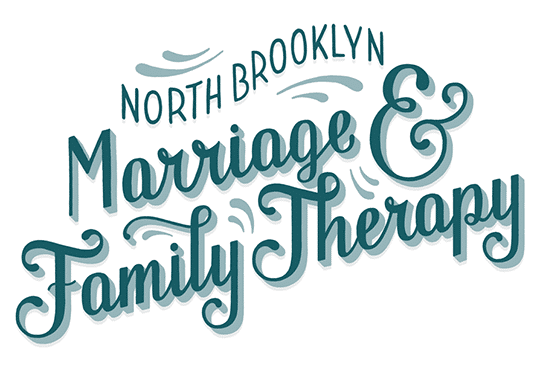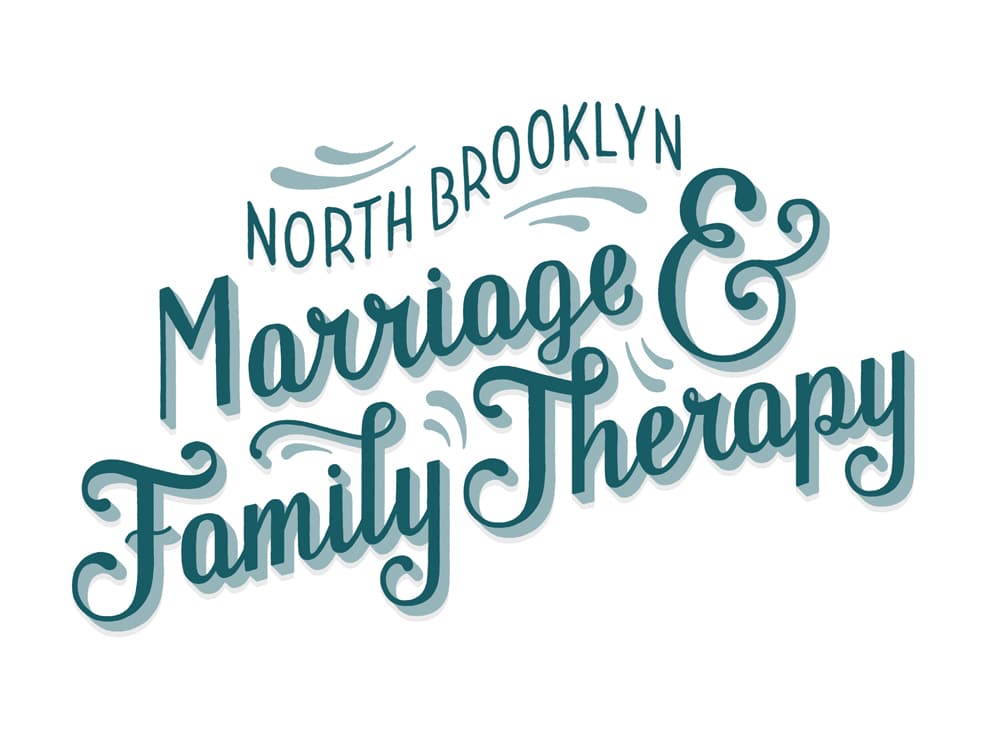Improving Communication Skills
Effective communication is the basis for all successful relationships, and improving communication skills can have a profound impact on one’s overall quality of life. Whether it be with your significant other, or colleagues at work, there are a few vital areas of focus that can dramatically improve your communication skills.
All too often we may have an initiative or intended outcome when communicating with others, which simply isn’t achieved. We may be too focused on relaying our points or perspective, without fully considering the perspective of the other party.
Be an Engaged Listener
Listening is fundamental when understanding the perspective of the other party, and is the first step to more successfully conveying your own message. One-way conversations or long monologues often produce the opposite of the intended result. This is fundamental with couples in all relationships as well as other interpersonal relationships. By focusing clearly on the other party, what they are saying, and ensuring you have a firm understanding, you will see an increase in the quality of your dialogue.
Communicate Clearly
It’s important to convey your message in a way that can be understood by the other party. This is especially important during a conflict. Too often the offended party ends up overstepping the boundary of common courtesy and respectful communication, by escalating their dissatisfaction into yelling or swearing. The most effective way to help the other party to better understand what may be bothering you is to remain calm and identify the specific reasons you may be bothered. When communicating these to the other party, use a respectful tone and express negative points in a way that is objective.
Non-Verbal Communication
By paying attention to the “body language” of the other party, individuals can gain a better understanding of how they may be feeling in the moment. Staying aware of your own body language is also an effective tool. By displaying signs of openness, such as having your arms uncrossed, leaning towards the other party, and making direct eye contact, you are reducing any potential barriers caused by off-putting non-verbal signals.
Stress Control
In a tense discussion at work or an interpersonal argument with your signifiant other, naturally your stress levels will elevate. Staying mindful of this, and the effect it may have on your verbal and non-verbal communication, is essential. When you feel uncomfortable or stressed, it’s OK to ask for a short break from the conversation, while you collect your thoughts. It’s more effective for both parties if stress levels are under control and not affecting the dialogue.



